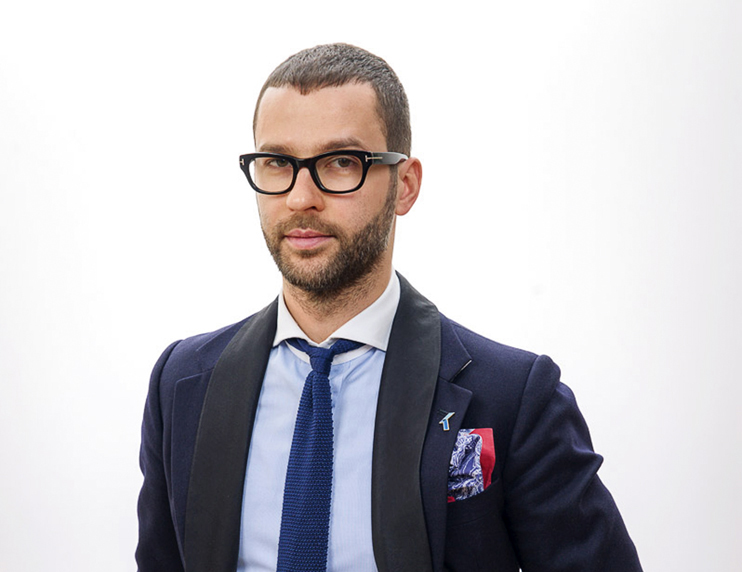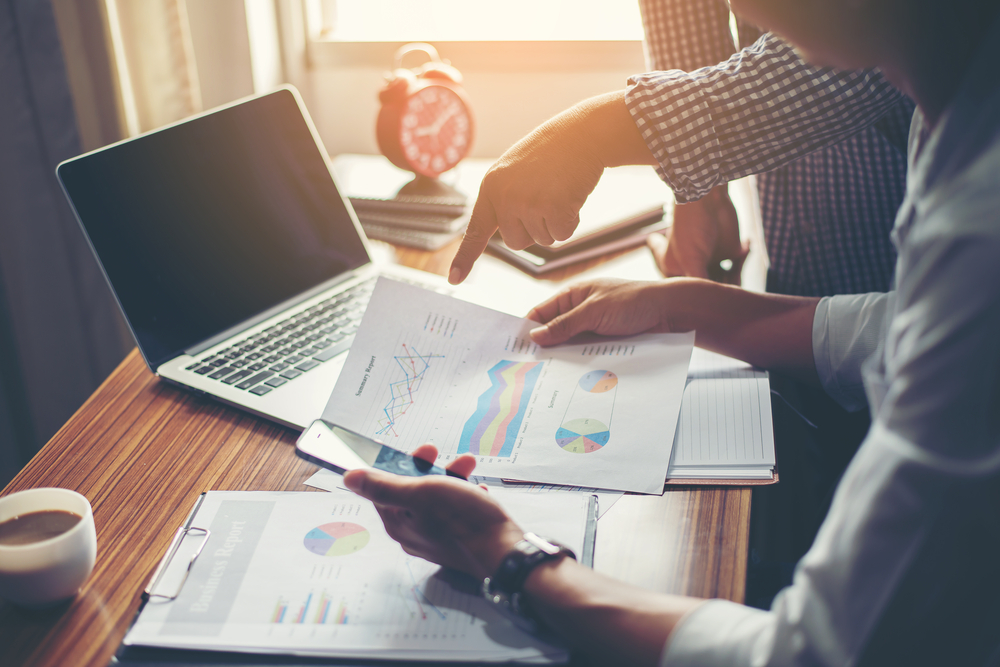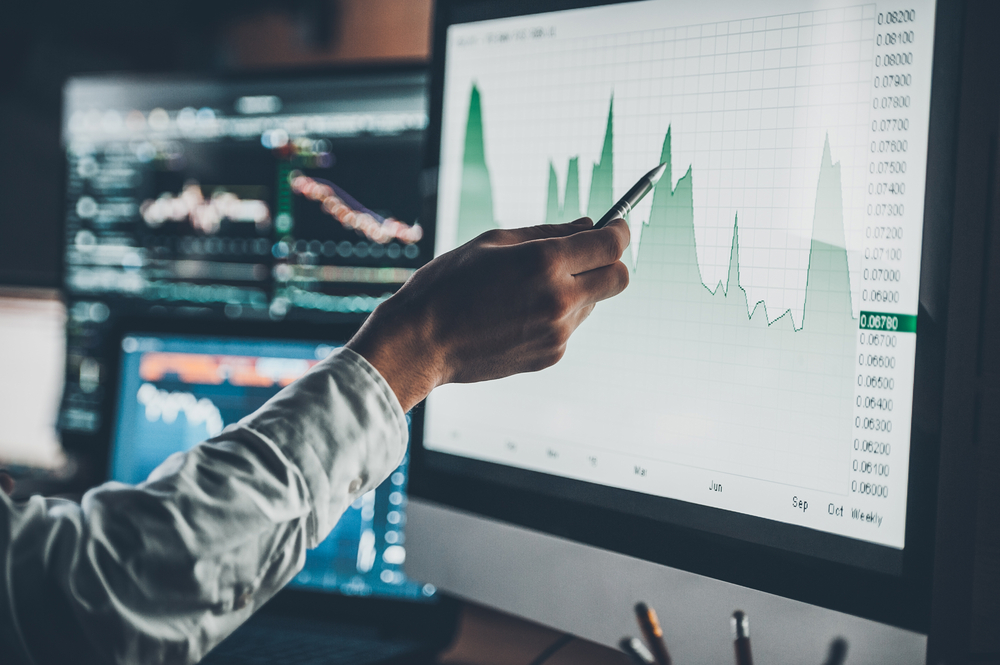The good news is that investment in Ukrainian agribusiness is steadily growing in volume. According to the Ukrainian Agribusiness Club (UCAB), this indicator increased by 73% in 2016 and by 17bn hryvnyas compared with the same indicator in 2015. Things got even better in 2017: the first quarter alone brought 11bn hryvnyas to the pot and this number is still growing. It is forecasted to reach 75bn hryvnyas by early 2018. The agriculture's share in cumulative investment is growing as well. Moreover, the agricultural sector has obtained more funding this year than any other industry.
There are several reasons for this surge among other things. First and foremost, the relative stability in the Ukrainian economy secured that boost last year: even though it did not grow by much, the fact that it did not get worse was already enough to invest. Second, achieving high growth rates became possible because the delayed need for investment was partially satisfied in the span of 2014-2015.
One drop of wine in a tun of poison
Some 75bn hryvnyas is without a doubt an immense amount, yet insufficient for Ukrainian agriculture. According to the Food and Agriculture Organisation of the United Nations and European Bank for Reconstruction and Development (EBRD), Ukraine will need around $4.2-5.2bn only to build modern high-tech silos and around $2bn to renovate and expand the fleet of railway cars for grain transport. This expenditure is only the tip of an iceberg. Because there are also funds needed to purchase pesticides, technology and monitor the fields, animals and many other things.
Foreign investors do not rush to invest in Ukraine for a number of reasons: the armed conflict in Donbas, unstable political situation, frequent changes in legislation, and cancellation of special VAT arrangements for agricultural products. All of these erode the country's image and investors' sentiments. They now see Ukraine as a source of cheap raw agricultural materials. Buying the grain here and then making a product of their own somewhere else can double their profits from this deal. Statistics is a good proof of that. In recent years, only a few foreign companies have invested in creating production facilities in our country (a recent example is the Singapore's DeltaWilmar that invested in the construction of a sunflower oil extraction plant in Odesa). In most cases, the investments are made in storage facilities (silos, loading terminals, etc.). As an example, we can mention the Swiss company Risoil S.A. and the Chinese Cofco Corporation which invested in the construction of grain terminals last year. The international company Bungee Ltd also invested in creating a loading terminal.
As far as the local investors are concerned, large agricultural holdings benefit the most since they have access to investments from the EBRD, IFC, EIB, which in their turn offer low interest rates. In some cases, these holdings are ranked higher than the sovereign credit rating of Ukraine. These companies include Kernel, Astarta, Myronivskyy Hliboprodukt, UkrLandFarming. In particular, Kernel placed Eurobonds worth $500m at 8.875% per annum at the beginning of 2017. For comparison, the annual yield of Ukrainian Eurobonds is 6.75%. Ukrainian agricultural holdings typically buy small companies to expand their land bank and hence the final profit. The more land they can handle, the more products they get to sell. Large companies not directly involved in agriculture nevertheless pay attention to the market as well — Epicentre, OKKO, etc. For them, such investments are a chance to put eggs in different baskets and diversify their business, enter new distribution markets, or even obtain additional tools of tax planning in certain cases.
Light at the end of the tunnel
Sure, there is a glimpse of it. Yet in order to reach it or at least see it on the horizon, Ukraine has got some serious work to do in order to become a truly successful agrarian state able to attract investors. Despite being a mere supplier of raw materials, it feeds a great share of the world population.
First, an efficient land market should be created and gaps in the agriculture legislation must be patched. It is hardly an easy task, yet manageable nevertheless. Second, investors need transparency: they want to be confident that their money goes where it should instead of lining someone's pockets and know that their assets are safe. The only reason they are not is the problem of transparency in the Ukrainian judiciary. Third, it would be reasonable to work on our country's image to make it a compelling brand.
Finally, Ukrainian companies need to learn how to promote and present themselves to investors. For this, they need financial statements approved by international auditors, transparent ownership structure, and clear development plans at least for five years to evoke investors' interest. It is a comprehensive work that has to involve qualified advisers. To raise interest and retain investors, some companies introduced forensic accounting offering a set of tools for internal and external control to minimize the risk of fraud inside and outside the company.
Archive 2018-2021
Ukrainian Potential for Agribusiness Investments
Artem Kovbel, partner of Kreston GCG - Ukrainian division of the global network Kreston International and one of the largest accounting and consulting organizations in the world - talks up-to-date assessments and a roadmap for attracting investors.







